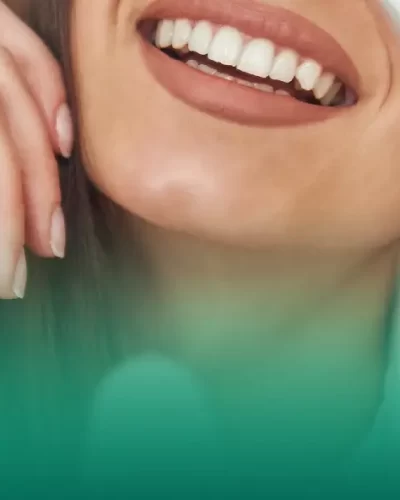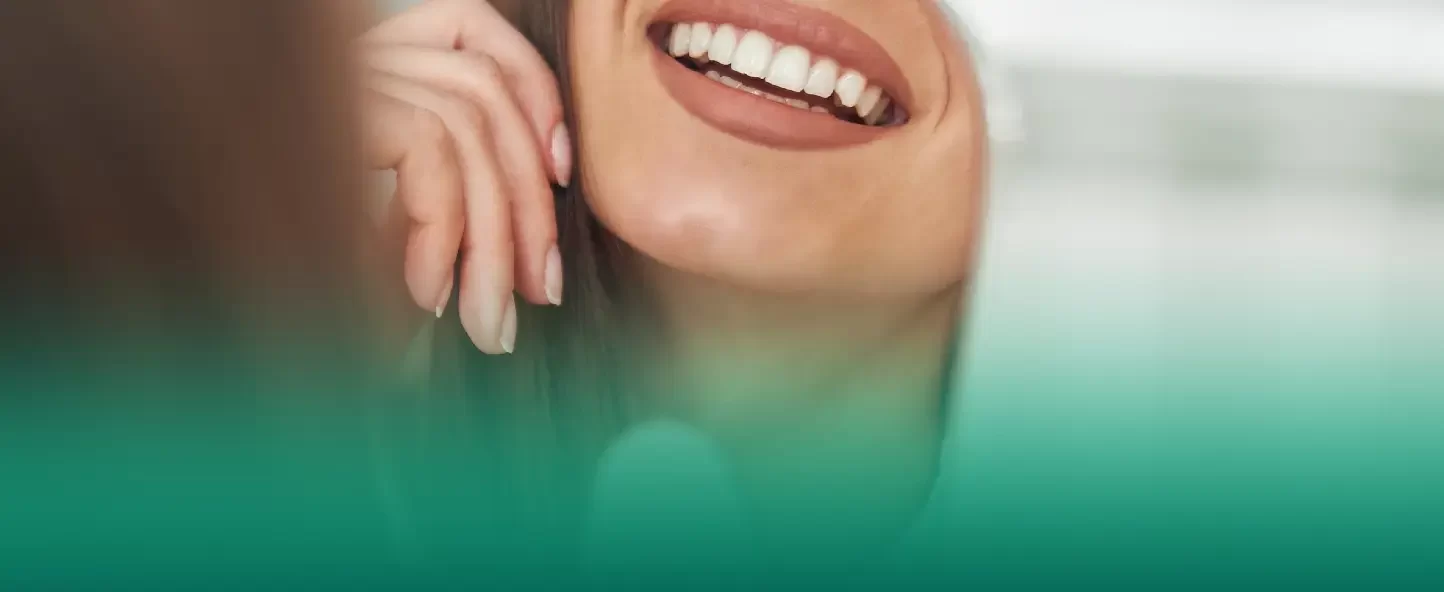Let’s look at the myths about dental health, because there are some misconceptions here too!
Myth: Toothpicks are useless and even harmful
Toothpicks, regardless of material, do not provide more effective interdental cleaning than interdental brushes and dental floss.
Using wooden toothpicks in combination with brushing your teeth is more effective in preventing gingivitis, but does not affect plaque levels.
Rubber and plastic toothpicks, also used with brushing, help reduce plaque but do not affect the risk of developing gingivitis.
Regular brushing of teeth does not always ensure effective cleaning of interdental spaces. People who additionally use toothpicks, floss, and interdental brushes are more likely to avoid tooth decay and retain more teeth throughout their lives compared to those who limit themselves to brushing and toothpaste alone.
Using toothpicks incorrectly can damage your gums, teeth, fillings, veneers and braces. Toothpicks are not recommended for children.
Interdental cleaning should be done at least once a day, preferably twice, to prevent plaque buildup.
Myth: It doesn’t matter what time of day you brush your teeth
According to the rules of oral hygiene, teeth should be brushed at least twice a day. However, it is especially important to do this before bed and in the morning!
During sleep, saliva production decreases, which reduces the natural cleansing of food particles and bacteria from the teeth. Therefore, not brushing your teeth before bed increases the risk of bacterial plaque forming at night.
Bacteria in plaque produce acid that erodes tooth enamel, which over time can lead to tooth decay and destruction of dental tissue.
Brushing your teeth in the morning helps fight harmful bacteria and combats bad breath. It is recommended to brush your teeth or at least rinse your mouth before breakfast to avoid transferring bacteria from your mouth to your stomach. It is also helpful to brush your teeth after consuming sugary foods, drinks, and carbohydrates to prevent tooth decay.
Myth: Dental floss can widen spaces between teeth
Many people know the benefits of flossing, but some worry that flossing can push their teeth apart!
This is one of the many misconceptions about taking care of your teeth. In fact, flossing helps keep your mouth healthy. It allows you to remove food debris and bacterial plaque from interdental spaces that a toothbrush cannot reach. The use of floss is important and does not affect the width of the interdental spaces.
After you start flossing, you may notice bleeding from your gums. This is a common occurrence and usually goes away within a few weeks. However, if bleeding continues, you should contact your dentist to determine the cause and treat your gums.
To make your flossing experience more comfortable, it is recommended that you visit your dentist regularly for preventative dental care.
Myth: There is no need to treat baby teeth. They’ll still fall out
Children develop milk teeth on average from 6 months to 12 years. They perform several important functions:
- Used for chewing food. Improper chewing due to affected teeth or pain can lead to gastrointestinal problems.
- Maintain space for permanent teeth to emerge. When a baby tooth is lost prematurely due to tooth decay, adjacent teeth can become displaced, creating problems for the permanent tooth to emerge.
- Participate in the formation of sounds. Dental defects can affect the pronunciation of sounds, which will affect speech and can cause complexes in the child.
- A milk tooth with chronic caries becomes a source of infection for the entire body.
Modern treatment methods, including the use of modern equipment and computer anesthesia, make it possible to treat baby teeth quickly and painlessly for the child. It is important to instill in him the habit of regularly visiting the dentist from childhood in order to create a favorable attitude towards taking care of his health.
Myth: You should always have your wisdom teeth removed
Third molars, known as wisdom teeth, may be completely unnoticeable and cause no problems. If the wisdom tooth has erupted normally and does not cause pain or interfere with chewing, it can be left unchanged and used in the same way as any other tooth.
However, there are certain pathologies in which the removal of wisdom teeth becomes necessary:
Dystopia: Incorrect position of a tooth relative to the rest of the dentition. These teeth can cause damage to adjacent teeth, often requiring their removal.
Retention: Some wisdom teeth may be hidden under the gums. This can lead to inflammation and other problems if they start to erupt.
Mixed pathology: When dystopia and retention are combined. Wisdom teeth may be completely upside down or at odd angles, increasing the risk of inflammation and infection. In these cases, it is recommended to remove the wisdom tooth to prevent possible problems.






